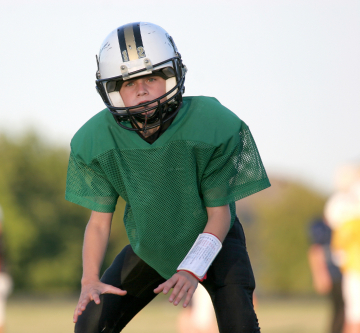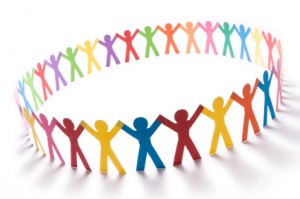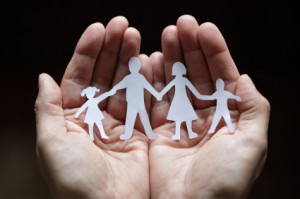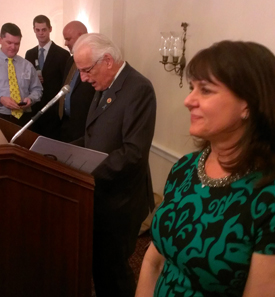Trymunity is here to help you and your loved ones cope with a traumatic brain injury. You’re sure to have questions, frustration, and feel overwhelmed. Someone you dearly care about has been altered by an injury to the brain and you want to help. We offer an online support network that can lead you to medical support and emotional support. When a traumatic brain injury strikes, it affects not only the victim, but everyone who cares about that person. Let us be an emotional support foundation, providing you with the resources you need on the road to recovery.
One of the most important tasks that will lie ahead is memory stimulation. Memory loss and other difficulties with cognitive functioning are common after a brain injury. Your loved one will need to train the brain to do what came naturally before. It will mean a concerted effort on the part of family and friends to engage a loved one’s brain once more, providing stimulation and thinking challenges. Use it or lose it is the philosophy.
It Is All About Cognitive Rehabilitation
When the brain has been injured, it is important to start making connections again and restore patterns of thought. Depending on the extent of the damage, it may mean re-learning cognitive skills all over again. Brain games, or brain building, is something that everyone can do to help the victim of brain trauma. There are a variety of enjoyable activities that challenge the brain. At www.brain-train.com, Brain Train cognitive retraining software is available with specific activities to assist those with brain injuries. There are also helpful insights on continuing rehabilitation. Lumosity.com is another excellent resource with tried and true memory games that result in memory recovery. The TBi National Resource Center recommends crosswords, word searches, computer games, and reading as well.
Find Resources Here
At TryMunity, we can help you to find valuable ways to engage your loved one. Discover our links as well as many online sites that focus on brain games. Find exercises that stimulate the brain and are based on sound research. Try scavenger hunts and mapping a trip or doing mazes. Games that make a person focus on a picture and remember details are helpful. It’s time to sign up for TryMunity today and take advantage of our free support system to discover games and other avenues to better brain functioning.





 Getting the word out about any good cause is difficult enough as it is for any nonprofit and fund raising is always a battle for some. In today’s world, social media has opened many doors of opportunity for creating awareness. Advocates can spread the word through popular social media platforms.
Getting the word out about any good cause is difficult enough as it is for any nonprofit and fund raising is always a battle for some. In today’s world, social media has opened many doors of opportunity for creating awareness. Advocates can spread the word through popular social media platforms. Many people who suffer
Many people who suffer  Brain Injury Awareness Day
Brain Injury Awareness Day
